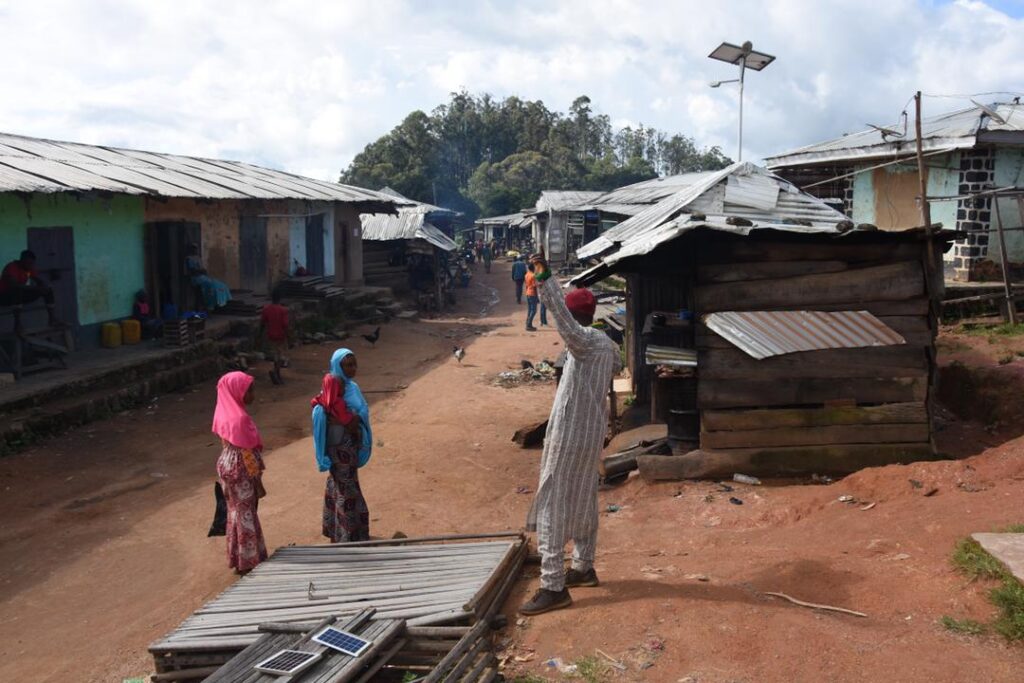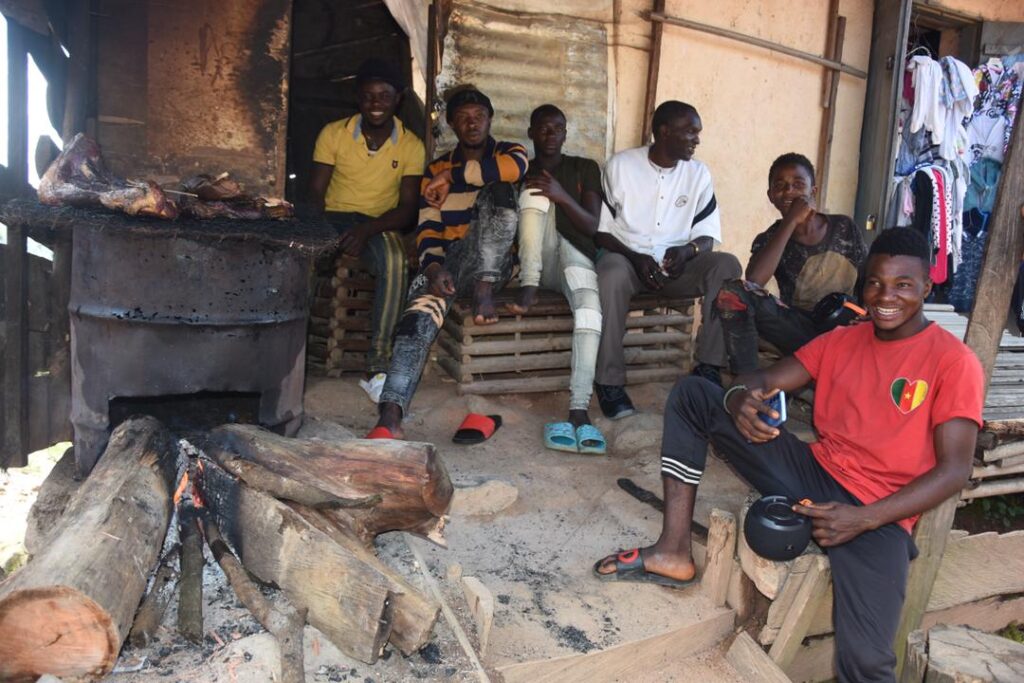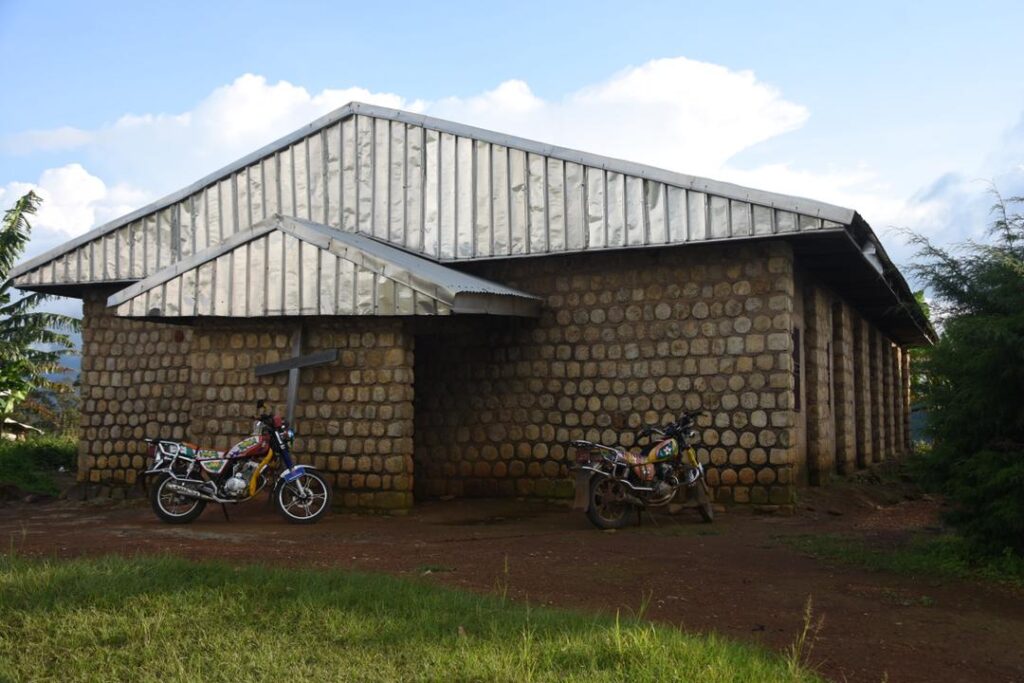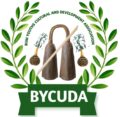Konene Village
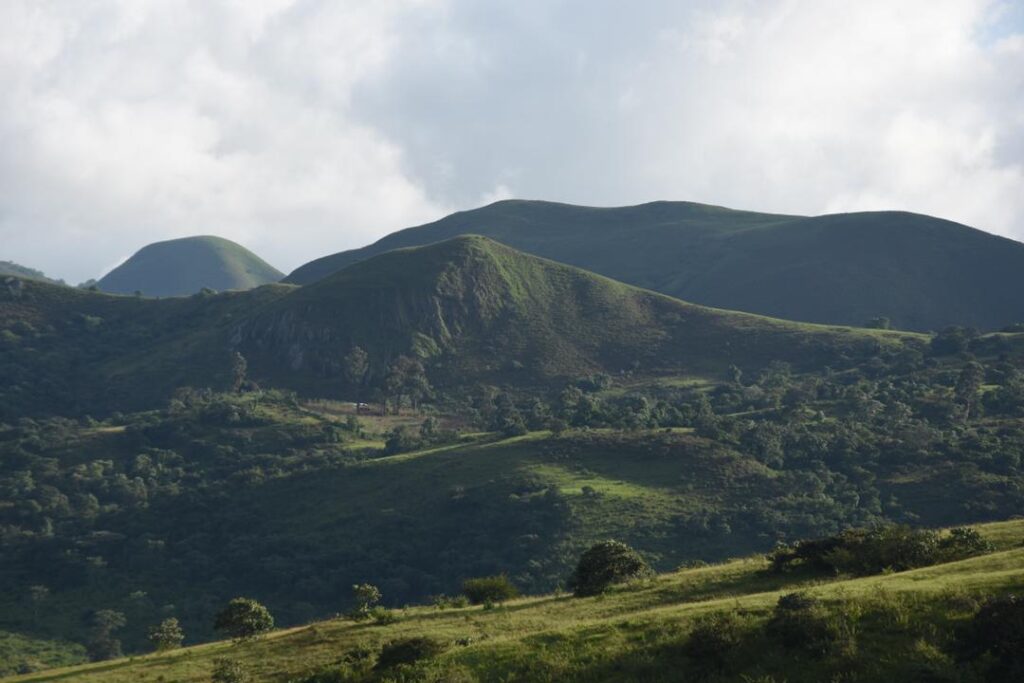
Brief History
Konene Village traces its origins back to around the year 1890 when Musa Akawo, hailing from Gold Coast Ghana, established the settlement. Initially involved in trade of elephant tusks and slaves, Akawo journeyed from Ghana to Ivory Coast, then Ngaoundere in the Adamawa province, and eventually settled in what is now known as Konene. The name “Konene” itself emerged following a fire disaster. Musa Akawo governed Konene until his passing in 1950. Successive rulers included Muhaman (1950-1952) and Saidu Akawo (1952-1960).
In 1966, Sarki Saidu relocated to Wum, resulting in a shift in leadership to Sarki Abdulahi Muhaman (1960-1970). A brief conflict in 1970 led to temporary administration by Sarki Garba, eventually returning control to Sarki Abdulahi until his passing in 2010. The mantle of leadership then passed to his son, Yaya Sarki.
Today, Konene boasts a diverse population including Bum, Hausa, Kom, Pinyin, Bafut, Banso, Noni, and Fulani ethnic groups. The lineage of Akawo continues to dominate the Hausa chiefdom in Konene, with succession being patrilineal. The village is renowned for its hospitable populace and is believed to be a land of prosperity for those with good intentions.
Relations with Other Settlers
The relationship between Konene and neighboring settlements is marked by cooperation and mutual support. Notably, Fon Joseph Ntang of Jull-Ngunabum collaborates closely with Konene’s leadership. A quarter head appointed by Fon Joseph Ntang ensures coordination and accountability within Konene.
Institutions/Infrastructures/Traditional Institutions
Konene Village boasts a range of government infrastructure including health centers, civil status centers, a veterinary post, and educational institutions such as G.S.S Konene, GS Konene, Catholic School Konene, and CBC School Konene. The village hosts two main markets, including a weekly cattle market.
Socio-economic Life
The socio-economic life of Konene revolves around agriculture, with residents engaged in peasant farming and cattle grazing. Crops such as coffee, corn, cocoyam, potatoes, beans, and cassava are cultivated both for sustenance and commerce. The people carry out activities like baking, and livestock rearing. Additionally, religious institutions including the Konene Central Mosque, Catholic Mission Konene, and various churches cater to the spiritual needs of the community. The village is home to approximately 12,000 inhabitants.
Development Associations
Konene benefits from active development associations such as the Konene Area Development Association (KADA) and the Islamic Youths Association (IYA), which contribute to the village’s progress and welfare.
Touristic Potentials
Cattle Market
Fig Tree in the market. It is believed that if a barren woman drinks that juice from the leaves or skin, she will become fertile.
Gomba Dance. This dance accompanies the Ruler to ceremonies. There are equally dances like, Algeta, and Dilim.
Source: Fonfuka CDP, 2018
